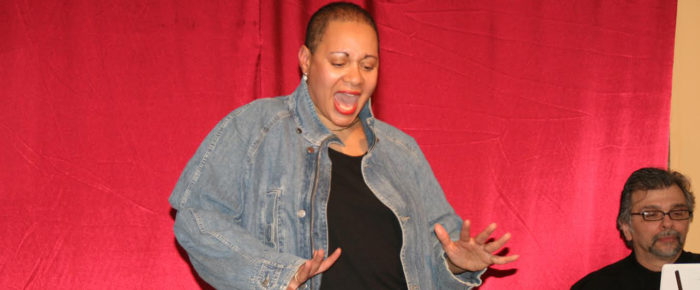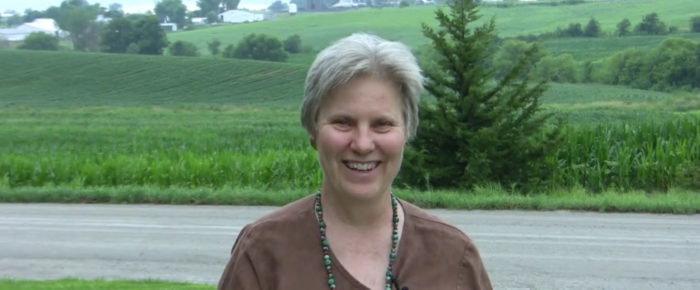Betty Corwin is going to turn 97 this month, but she says she still feels like a baby. “If you feel young, you are young,” says the native New Yorker,…
Read moreActor Ivonne Coll on playing the matriarch on ‘Jane the Virgin’ at 70
Ivonne Coll is not a mother, or a grandmother, in real life, but she plays the role of both on television. Coll, otherwise known as Alba, plays the matriarch of…
Read moreHow writing her life story led a woman to inner healing

Maria Aponte was born and raised an only child in East Harlem, otherwise known as “El Barrio,” in New York City, to Puerto Rican parents. Because she lost her mother…
Read morePoet Laureate of Iowa writes about our food system

For the past 30 years, Mary Swander has risen at 6 every morning in her one-room farmhouse in Kalona, Iowa – a town known for being one of the largest…
Read more“La Bamba,” “Zoot Suit” writer on the importance of building community

Do you remember reading the play, “Zoot Suit” in high school or watching the movie “La Bamba” (1987), based on the life of 1950’s rocker Ritchie Valens, starring Lou Diamond…
Read more